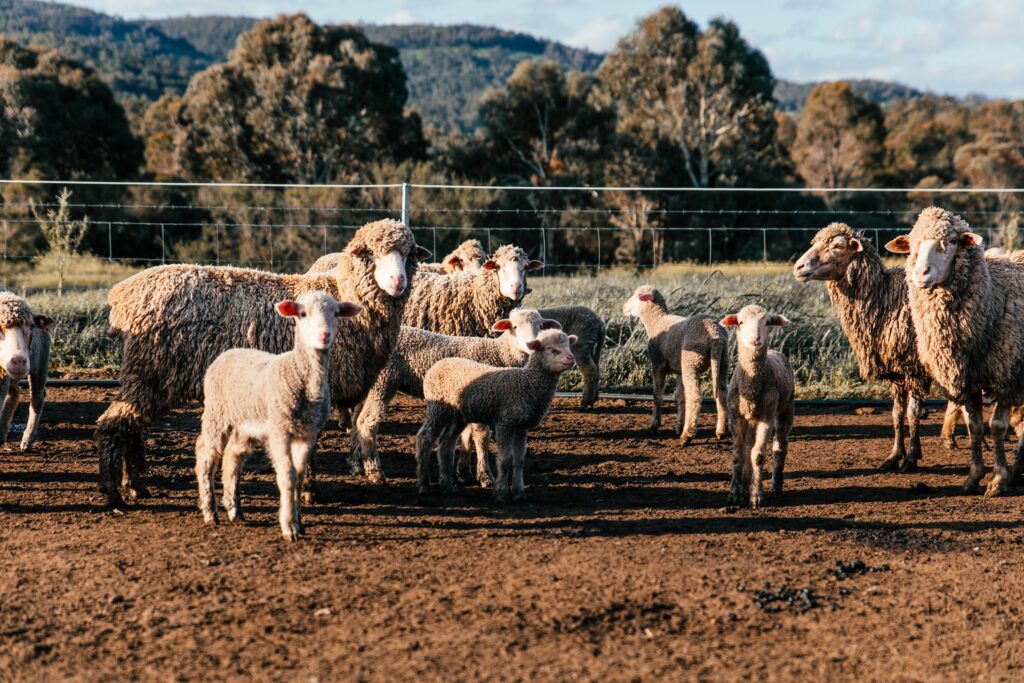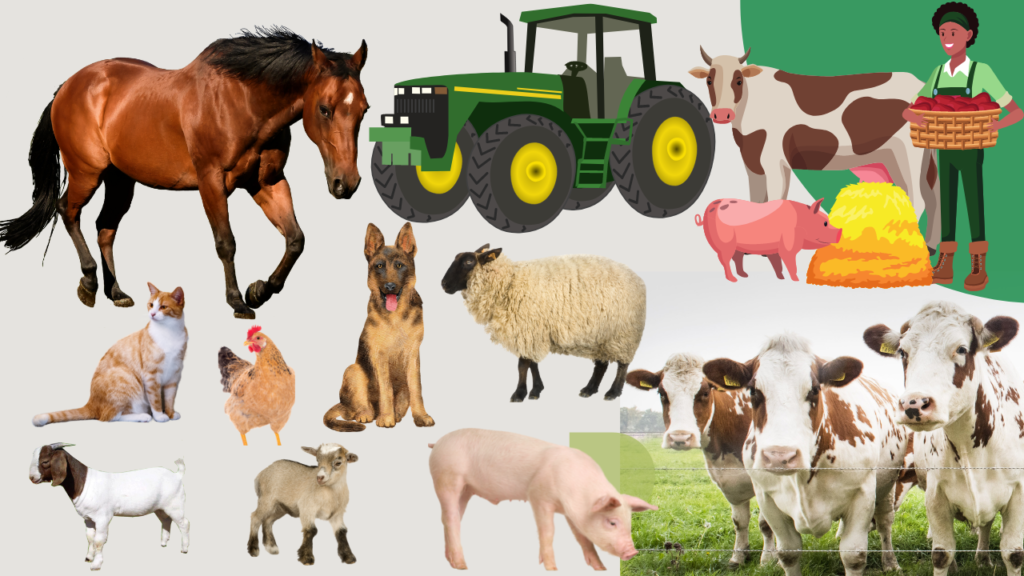Why Keep Livestock?
The call to keep an animal varies from one livestock keeper to another with inspirations drawn from either social, economic, or environmental goals or their combination. Modern and traditional practices in animal husbandry are dictated by the reason; why the animal is kept, which include:
- Animal products – eggs, meat, manure, milk, honey, wool, skin, etc
- Biodiversity conservation – use of breeds in the farming system to protect species and breeds from extinction
- Life companions- interest in animals offers a chance to live with them as pets.
- Research subjects- animals kept for study purposes
- Cultural heritage- animals kept as part of beliefs and cultural heritage.
Key Requirements To Check Before Keeping an Animal?
Before embarking on the journey to owning the animal of your liking, it is important to review these general requirements to provide suitable conditions for your animal choice.

The Climate
The weather conditions will dictate the adaptability of your animal choice to the environment you introduce them to. Ensuring your area offers optimal weather conditions like temperature, light, and humidity according to the animal species or breed will determine their survival chances. Exploring modern livestock-keeping technologies can be applied where need be to create optimal conditions.
Location
The location will determine the applicable laws on animal keeping which directly impact the practices and success of any livestock farming endeavor. Laws will be dictating aspects like the breed and species kept, farming support systems, taxation, and practices permitted. Acknowledging the laws in your state or country allows you to engage in legal and sustainable livestock farming with support from the government and other supporting systems like research centers crucial in exploring new technologies.
The Land Size Available
Consider the area range your animal will require to support their welfare, nutrition, housing, and animal husbandry practices. Every animal species has a unique range in which it operates according to its size and space requirements to live comfortably and productively. Ensuring you have adequate space to provide nutrition, housing, diseases management, welfare, and breeding is crucial in running a sustainable farm.

Animal Housing
Reviewing the housing requirements for your animal choice allows for ideal preparations of protecting your animal and the capacity of carrying out the husbandry practices appropriately. The differences in animal breeds will dictate the supporting housing facilities in the management of nutrition, diseases & parasite control management, welfare, and breeding.
Water Sources
The availability of water is key to ensuring the healthy growth and development of your animal. Meeting the water requirement in terms of quality and quantity will determine the health of your animal in the long run with the cost and timely accessibility dictating the success of our farm sustainability and stocking rate.
Policies and Regulation Guiding Animal Keeping
Acknowledging the laws and policies governing the keeping of animals within your location ensures you perform legal practices. Guidelines on permitted husbandry practices ensure the safety of the animal and consumers necessitating the need to act within the boundaries set for profitable and legal ventures. This ensures your farm runs at an optimal level protected from lawsuits.
Capitalizing on favorable policies such as incentives and supporting government structures also boosts farms productions. Specification on animals products for public consumption will also dictate your production system and practices. You will have to adjust to make them fit for public consumption where income generation is targeted.
Research on Available Breeds.
Gathering enough information on the breeds available allows you to narrow down your animal choice to suit your production goals. The breed information also promotes the necessary preparations to cater to the specific requirements such as nutrition and housing space needed. By browsing local sales papers and websites, you will get a better scope of what you can go for and the expected expenses in acquiring the best breed.

Access to feed stores
Identify animal supplies and feed stores near you to figure out the cost of accessing your animal’s needs and requirements for effective husbandry practices. Scouting for locally available resources can help reduce the costs linked to keeping your animal with the key focus being on quality and quantity supply.
Livestock Vet and Animal Keeping Consultants
Animal keeping often requires technical support from professionals. By ensuring you have reliable access to vet and consultancy services, taking care of your animal needs and requirements will be well-advised for maximum productivity and sustainability.
The Stocking Rate Targeted
One of the key deciding factors of your animal husbandry practices will be how many animals you can keep or desire on your property. All practices are geared towards accommodating the right number of ais to operate optimally to ensure profits or rewards from the animals align with the purpose of the venture. Different animals and breeds will require different stocking rate approaches to cater for their nutrition, housing, parasite & disease control, and welfare.
Keeping these requirements in check is the foundation of your animal-keeping venture, with professional advice on exploring each of these aspects crucial to your success in the long run.
